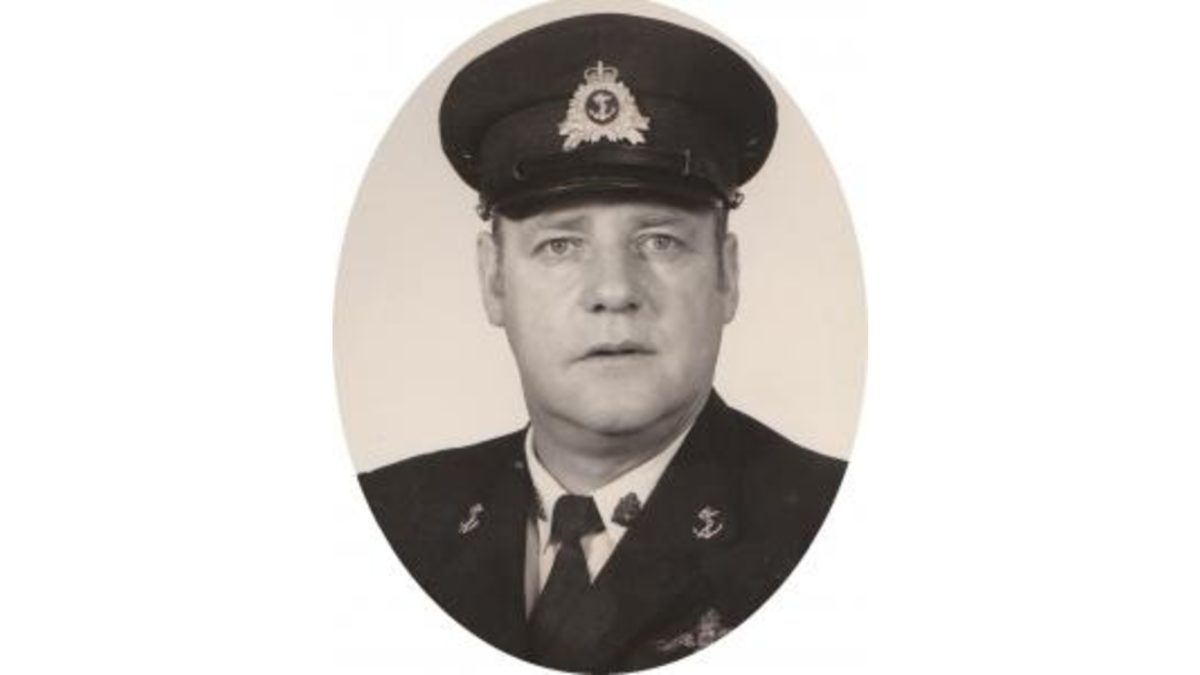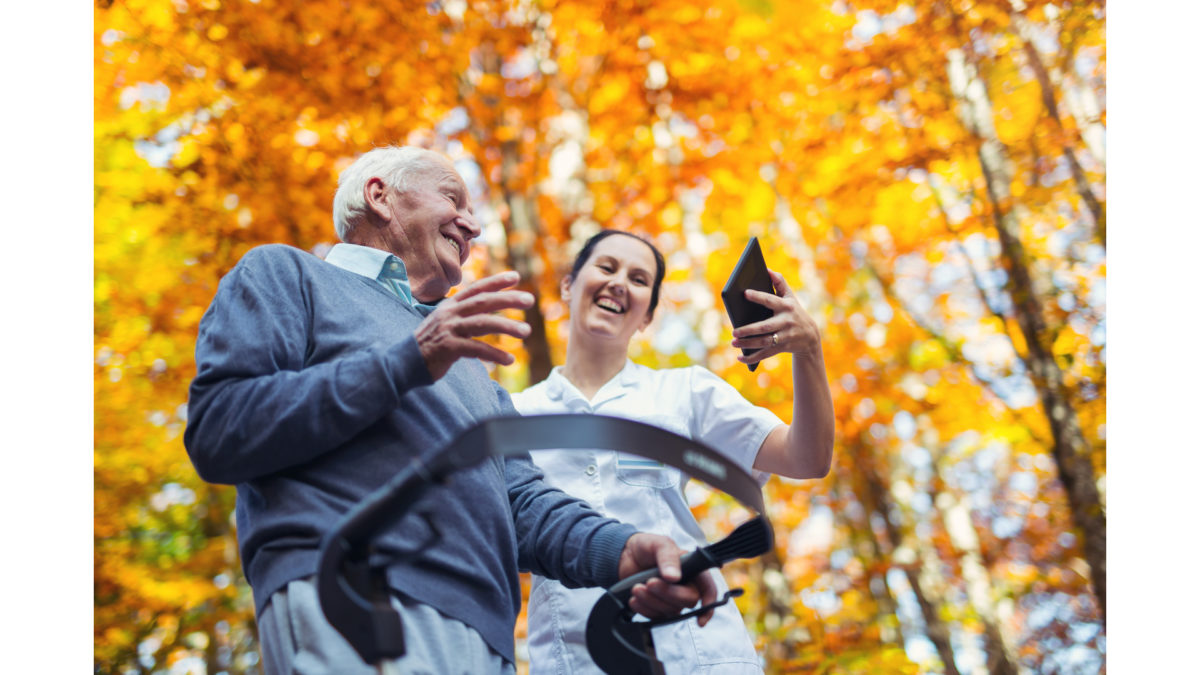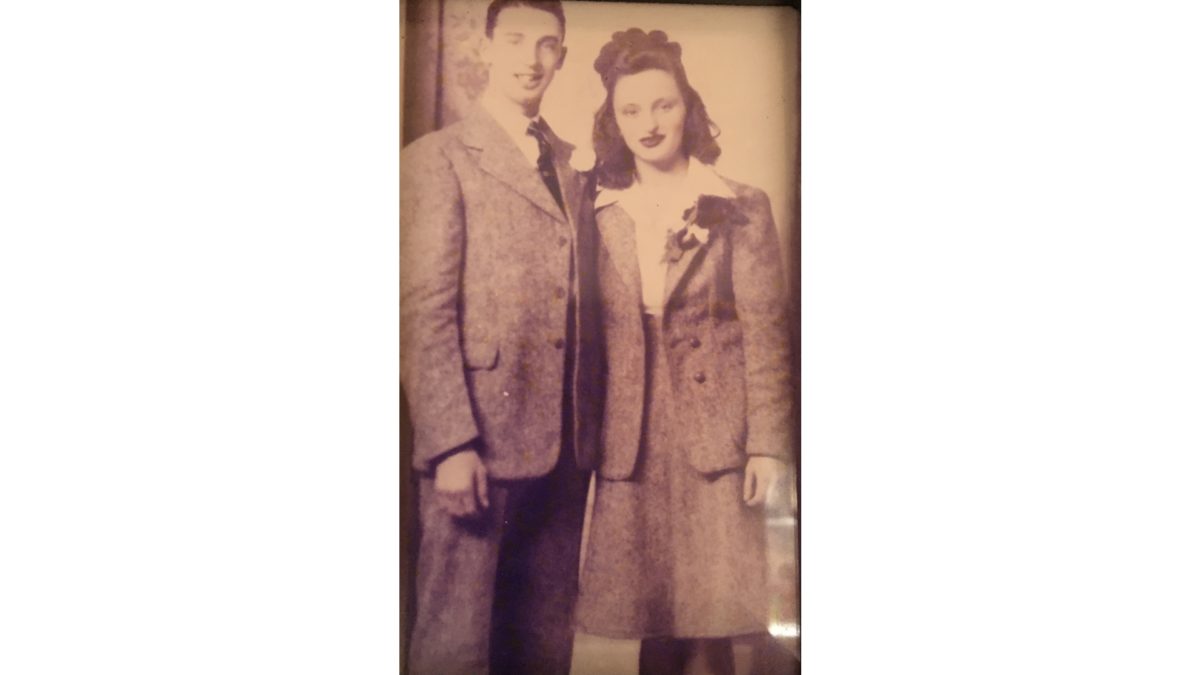“Never pick a fight with the ocean. The ocean will always win.”
Doug Hughes loved to cook; his dream was to be a chef in the Navy. When he turned 18, young Doug waited in line for what seemed like hours to apply to be a chef at the Navy Recruit Centre. But when he got to the front, he realized it was a line for deep-sea divers. Doug looked to his right and saw the line for chefs. It was even longer. So—this is the story of Doug Hughes, a deep-sea diver for over 35 years.
In 1971, Doug left Nova Scotia and moved to Toronto, starting work with the Toronto Bomb Squad Explosive Ordinance Disposal (EOD) and becoming a member of the Experimental Diving Unit. This is where he developed and worked with the hyperbaric chamber to provide treatments for gangrene and diving ailments such as decompression sickness, or in other words, the bends. Yes, he was, for lack of a better word, a guinea pig who voluntarily got the bends hundreds of times to ensure that the hyperbaric chamber provided adequate oxygen therapy treatment.
As the years went on, Doug felt that although he was friends with the sea, he wanted to be acquainted with the sky, too. He went in for a physical, one of the requirements before becoming a pilot, and they found a large tumor behind his heart. If it wasn’t for his physical, he would have been dead in six months. After open-heart surgery and three months of recovery, Doug was back at sea with a clean bill of health.
Back at sea
He returned to the Maritimes in 1975, and was coxswain of the HMCS Cormorant from 1981-1986. One day, while the McKay Bridge was being built, Doug and several other divers were using a large vacuum to remove boulders from the ocean floor. Tragically, before his own eyes, one of his friends got caught in the current and was killed after the strength of the vacuum disfigured and dismantled his body. From then, also battling extensive arthritis, he became chief instructor at the Fleet Diving Unit training school and remained in the FDU(A) until his retirement.
Doug spent his remaining years with his wife Vi on a lake in Lower Sackville, Nova Scotia where they raised their five children. Water, as he said, a friend and foe, surrounded him always.
Leaving you with his favorite saying;
“See you on the bottom!”












